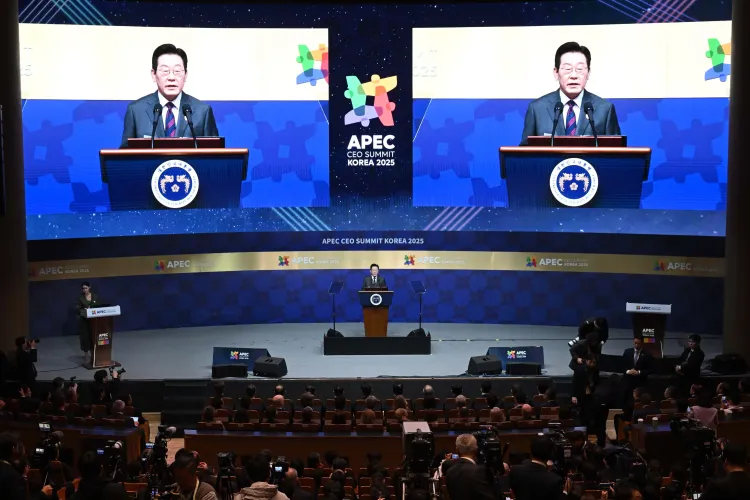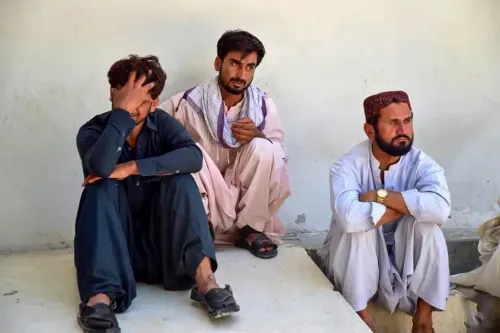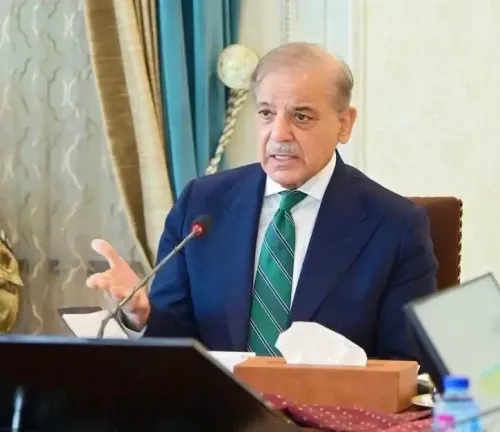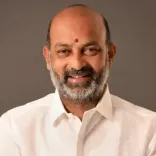What Will APEC Leaders Discuss in South Korea?

Synopsis
Key Takeaways
- APEC summit focuses on resilience and growth amidst trade barriers.
- Leaders aim to create a consensus-driven 'Gyeongju Declaration.'
- Key discussions include supply chains and digital transitions.
- International cooperation remains vital for economic collaboration.
- WTO's role in multilateral trade is a focal point.
Gyeongju, Oct 31 (NationPress) The Asia-Pacific Economic Cooperation (APEC) leaders' summit commenced on Friday, bringing together global leaders to explore strategies for enhancing resilience and promoting growth amidst increasing unilateral trade barriers and challenges. This two-day event features representatives from 21 APEC member economies, along with guest nations and international organization representatives, focusing on sustaining free trade and enhancing regional economic integration.
The summit has attracted leaders such as Chinese President Xi Jinping and Japanese Prime Minister Sanae Takaichi. Notably, US President Donald Trump opted out of the leaders' summit, having attended a business forum and engaged in discussions with President Lee Jae Myung and Xi.
Opening the forum, President Lee welcomed his fellow leaders and participants prior to the inaugural session, themed 'Towards a More Connected Resilient Region and Beyond.'
The presidential office indicated that discussions will center around creating a 'more open, dynamic, and resilient' Asia-Pacific region.
President Lee aims to serve as a conduit for leaders to foster consensus on the necessity for enhanced cooperation, aspiring to rejuvenate the region’s commitment to collaboration and identify tangible measures for APEC to remain the primary economic forum in the region and an essential platform for the future.
As the host of this year’s APEC events, South Korea is keen on achieving a consensus outcome, termed the 'Gyeongju Declaration', while also highlighting its initiatives related to artificial intelligence (AI) and demographic shifts, according to reports from Yonhap news agency.
During the two sessions, leaders will evaluate recommendations from senior foreign and trade officials regarding enhancing prosperity in the Asia-Pacific region through initiatives like strengthening supply chain cooperation and facilitating digital transitions.
One key point of interest is whether the leaders can reach a consensus on the future of international trade, given their differing perspectives on a global free trade order supported by multilateralism and the WTO framework.
In recent years, most APEC economies have reaffirmed their support for free trade aligned with the WTO system and multilateralism.
From 2021 to 2024, all APEC summit declarations have included the phrase concerning a rules-based multilateral trading system with the WTO at its core, first introduced in the 2021 declaration after Trump’s initial term.
A leaders' declaration requires consensus approval from all APEC members.
Following the conclusion of the APEC ministerial meeting on Thursday, South Korean Foreign Minister Cho Hyun stated that the forum is close to finalizing a joint declaration, with final negotiations ongoing regarding the ministerial statement to be presented at the leaders' session.
We anticipate the ministerial document will be finalized by Saturday, coinciding with the leaders' retreat, Cho remarked.
Trade Minister Yeo Han-koo, who jointly led the ministers' session alongside Cho, noted that a broad consensus has been achieved in areas concerning supply chains, digitalization, and environmental issues, which are pivotal to contemporary trade discussions and the future economy.
We will continue to uphold the multilateral framework based on the WTO, but as the WTO system faces challenges, we also support plurilateral cooperation, he stated.
Plurilateralism denotes the idea of international collaboration among a smaller group of nations, contrasting with multilateralism.









